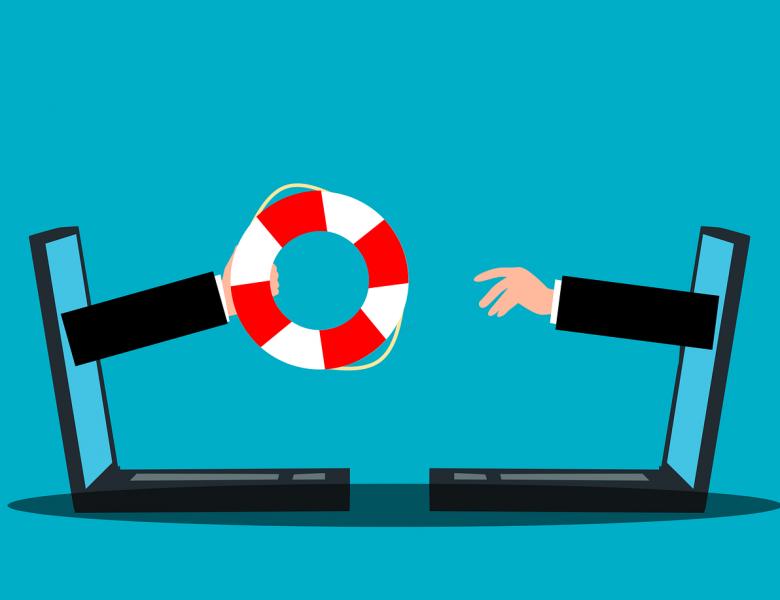Freelance PR Consultant Lauren Mills looks at the importance of crisis communications and shares her thoughts on why it is imperative to prepare for a crisis before one strikes.
We live in challenging times as far as reputation management is concerned, and how companies handle communications during a crisis is therefore crucial.
No longer is it acceptable, or wise, to wait until something has gone wrong before starting to scrabble around to find a way of putting it right.
By the time you have got over your initial panic, it’s likely the media will have already heard the news, pounced on their contacts at your firm and begun grilling them for information.
Worse still, aggrieved staff are likely to have taken to social media to air their grievances.
Being unprepared puts you on the back foot, often with disastrous consequences.
Any company operating in today’s litigious environment risks being sued, with employees who have taken to social media being not only the source of further news you would rather contain, but also potential contacts for journalists.
Sector journalists will be all over the news, from online to print, to broadcast and social media.
The BP Oil Spill Disaster
A good example of how NOT to handle crisis communications involved BP.
Even though BP was (and still is) one of the UK’s biggest and longest running companies, the then CEO Tony Hayward had axed the company’s armies of PR professionals to cut costs.
So the company was poorly prepared when disaster struck.
On the 20th of April 2010, a massive explosion on the BP Deepwater Horizon oil rig in the Gulf of Mexico resulted in the loss of 11 lives and caused the largest maritime disaster oil spill in USA history. The event caused considerable reputation and financial losses to BP.
What ensued was a textbook example of how not to handle a PR crisis.
It quickly became obvious that BP didn’t have a public relations strategy. I remember reporting on the incident for the Wall Street Journal and I was astonished that BP fell at the very first hurdle.
It failed to communicate the four key messages the public needed to hear: that BP was accountable for the disaster, was deeply concerned about the harm it had caused, offered its deepest sympathy for the men who had lost their lives and their bereaved families, and that it had a plan for what to do.
Instead the company rolled out CEO Tony Hayward who made a string of gaffes when talking to the media.
Perhaps the worst was: “There’s no one who wants this thing over more than I do. You know, I’d like my life back.” Not good when 11 men will never have their lives back.
Hayward’s propensity to say the wrong thing made him the wrong choice to be the face of the crisis, and BP’s board took too long to figure that out.
All companies, no matter their line of business, need to have in place a robust crisis communications policy, written by a PR consultant with experience of advising companies when things go wrong.




